(July 26, 2023) In June 2023, Spidey fans from India were in for a treat as the theatres reverberated with the electrifying soundtrack of Nucleya’s Bakar Bakar on Peter Parker’s landing in India in a scene from Spider-Man: Across the Spider-Verse. However, it took him not one or two but twelve song pitches to get a nod from the Marvel Studios. Known for their secrecy, Marvel’s only brief was that they need a song from the landing scene of Spiderman in India. “I thought they would need sounds that were reminiscent of celebration [in India], but the process was like the term — Andhere mein teer chalana. I made 12 attempts, and one hit the target,” he said in an interview. Interestingly, this song’s rights were once closer to be sold to a label, however, Nucleya decided against it as he was sure that someday some big filmmaker would ask for it. And that’s what happened when Bakar Bakar made it to a Marvel film, thus catapulting Nucleya’s popularity to another height.
View this post on Instagram
But it hasn’t been an easy journey for someone who began making music in his bedroom and later rose to the ranks of the EDM phenomenon in India. Here’s the journey of the artiste who is making the right noise with his music globally.
Love for mixing led to Bandish Projeckt
Born as Udyan Sagar in Agra and raised in Ahmedabad, Nucleya grew up to music often playing in his house, through hundreds of cassettes that were his father’s treasure trove. The beats and lyrics enchanted Nucleya, but it wasn’t until his teens that he decided to make his own music. It began when his father gifted him his first computer and the same year he met Mayur Narvekar, with whom he eventually started Bandish Projeckt. Initially, it was just two teenage boys trying their hands at mixing music and learning the intricacies of it all.
For months, Navrekar and he sat together in a room to create EDM. Till then, they made music for themselves and their friends. However, things changed when they met an artiste manager, Mehir Nath Chopra, from Mumbai who had recently returned to Ahmedabad. It was at his gig that Nucleya and Navrekar got their first chance to play for a crowd. Chopra was so blown away by the act presented by the two teens that he decided to collaborate with them, and that was the beginning of Bandish Projeckt.
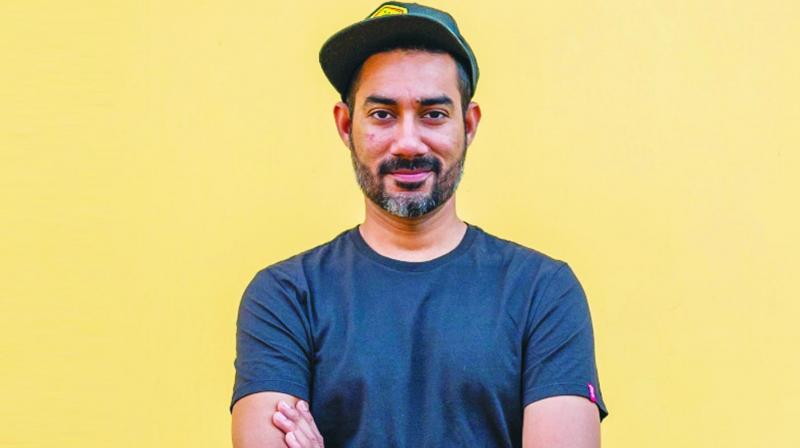
It was Indian Electronic Music that Bandish Projeckt aced. But with no night life in Ahmedabad back in the day, the band decided to throw its own parties where they could play the music. Their music found the perfect audience in the students of National Institute of Design and IIM who danced to their beats till the wee hours.
The sudden downfall
Soon, Bandish Projeckt started doing gigs in Delhi and Mumbai, and later shifted base to Dubai. The international exposure took them to London for a three-month project, however, things started to sour between Nucleya and Navrekar, and the two decided to part ways.
From being one of the best bands in India to returning to square one, Nucleya hit a low note in his life. With a financial crisis in the family and not much work on the plate, things started to get uncomfortable. “My life was at a complete full stop. I didn’t think things would ever get back to normal,” says Nucleya in Ride to the Roots documentary. Such was the disappointment that he almost decided to give up on his music. That is when his wife Smriti stepped in and asked him to take a break and look for inspiration.

Rising from the ashes like a phoenix
Nucleya took to the streets of India in search of the sounds that could help him rebuild his career. Be it horror films, band baaja or fireworks, Nucleya grasped at every sound – it was Indian street music that finally became his beat. The tempo started to soar and Only Much Louder (OML) took him in and repackaged him as Nucleya. His first EP Koocha Monster was launched at a Ganesh Chaturthi procession and another at a stadium with 10,000 fans, making it the country’s largest sellout by an indie act.
“I consider my music to be Indian street music, but just produced electronically and I think launching my first full album there [during visarjan] really represented it in the best possible light. Looking back, it’s a little hard to believe that it actually happened and that it happened at the scale that it did. It was just a crazy idea we had and seeing it come to fruition and having the impact it did is very rewarding,” he told First Post.
With songs like Bass Rani, Laung Gwacha, Mumbai Dance, Nucleya became the biggest EDM phenomenon in India that the youth connected with. From performing live in front of large audiences in the UK and Mexico to opening for David Guetta’s Goa Sunburn Festival to headlining NH7 Weekender in Pune, Nucleya cracked the code and how. If he has Global Indian Music Award for Best Electronic Single to his credit, he also has spread his wings to Bollywood with Let’s Naacho from Kapoor & Sons and Paintra from Mukkabaaz. The music composer has become a name to reckon with in the independent music circuit, and his popularity is soaring with each passing day.
His international collaborations with American EDM band Krewella and music DJ trio Major Lazer have put his music on the international map.
Carving his space in India’s NFT market
In 2021, Nucleya jumped onto the bandwagon of digital assets. In what could be called India’s largest NFT drop on Wazir X (a crypto exchange that launched an NFT marketplace), the music artiste collaborated with Ritviz for the first time for their latest album Baraat, making them the first Indian creators to auction digital tokens. The 60 NFTs released between August 15 and October 3, 2021 are a mix of iconic photographs, artworks, personal artifacts and limited-edition art pieces.
“The way music is consumed has changed so much over the years and it’s imperative for us as artistes to stay ahead of the curve by developing new and exciting ways for us to engage with our audiences. NFTs are a disruptive way for artistes to put themselves out there and build on relationships with their fans, and how artists use this new medium will definitely be exciting to watch,” said Nucleya.

His music over the years has become a phenomenon, and it was this that attracted Marvel Studio. From a musician who rose like a phoenix from the ashes to making music for Spiderman, Nucleya has come a long way in the journey and is an inspiration for millions of people.
- Follow Nucleya on Instagram



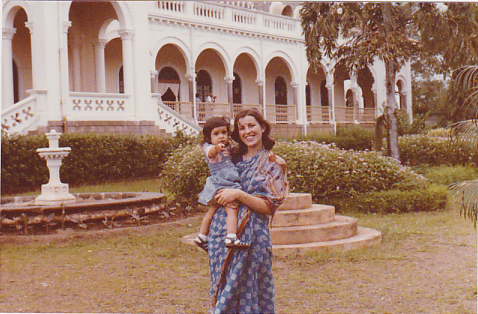 A young Nalini with her mother, Claire[/caption]
A young Nalini with her mother, Claire[/caption]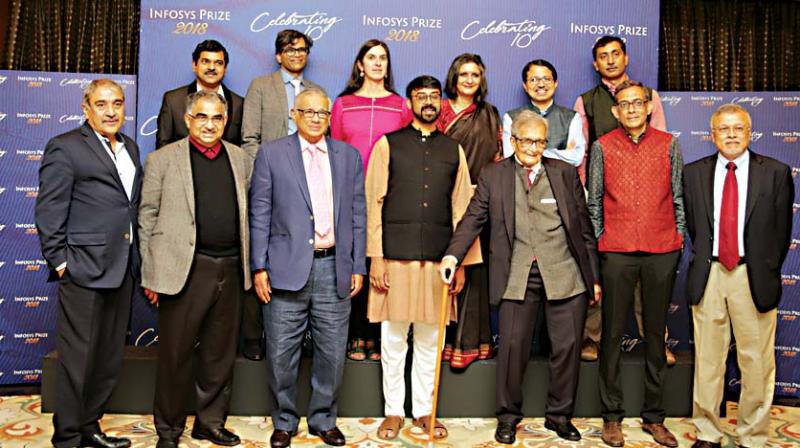 Nalini, with other distinguished mathematicians at the Infosys Award event, 2018[/caption]
Nalini, with other distinguished mathematicians at the Infosys Award event, 2018[/caption]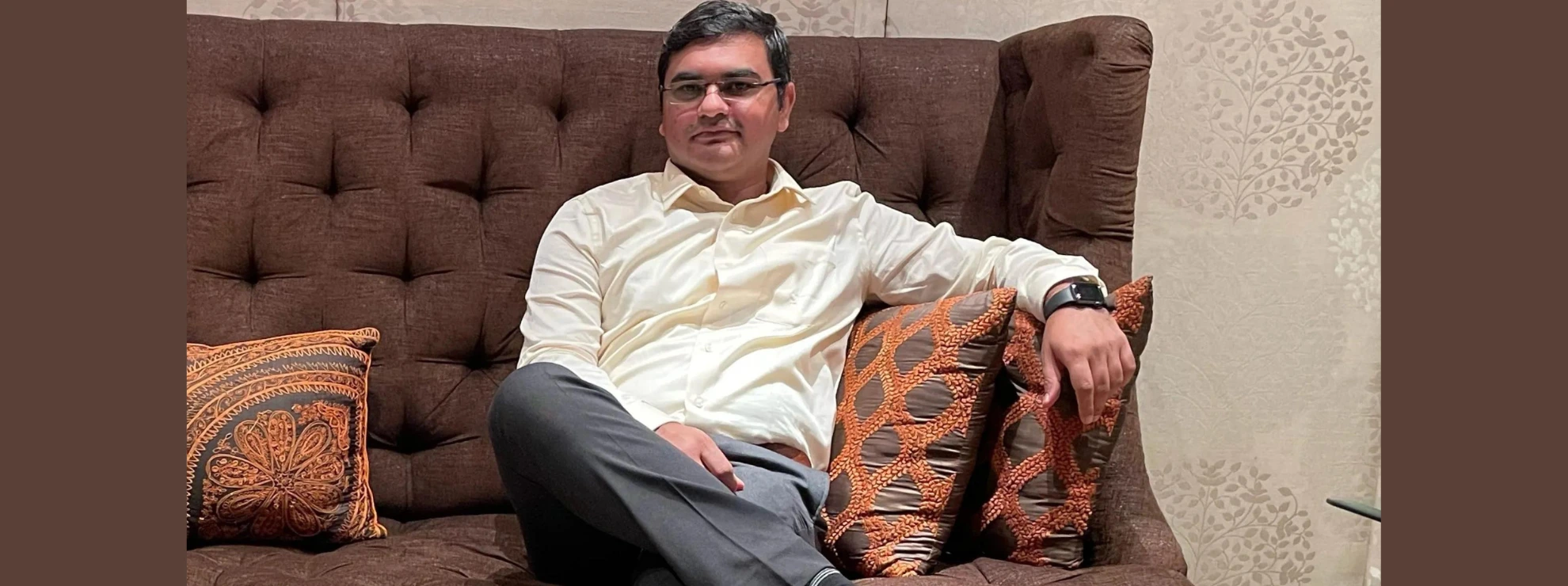
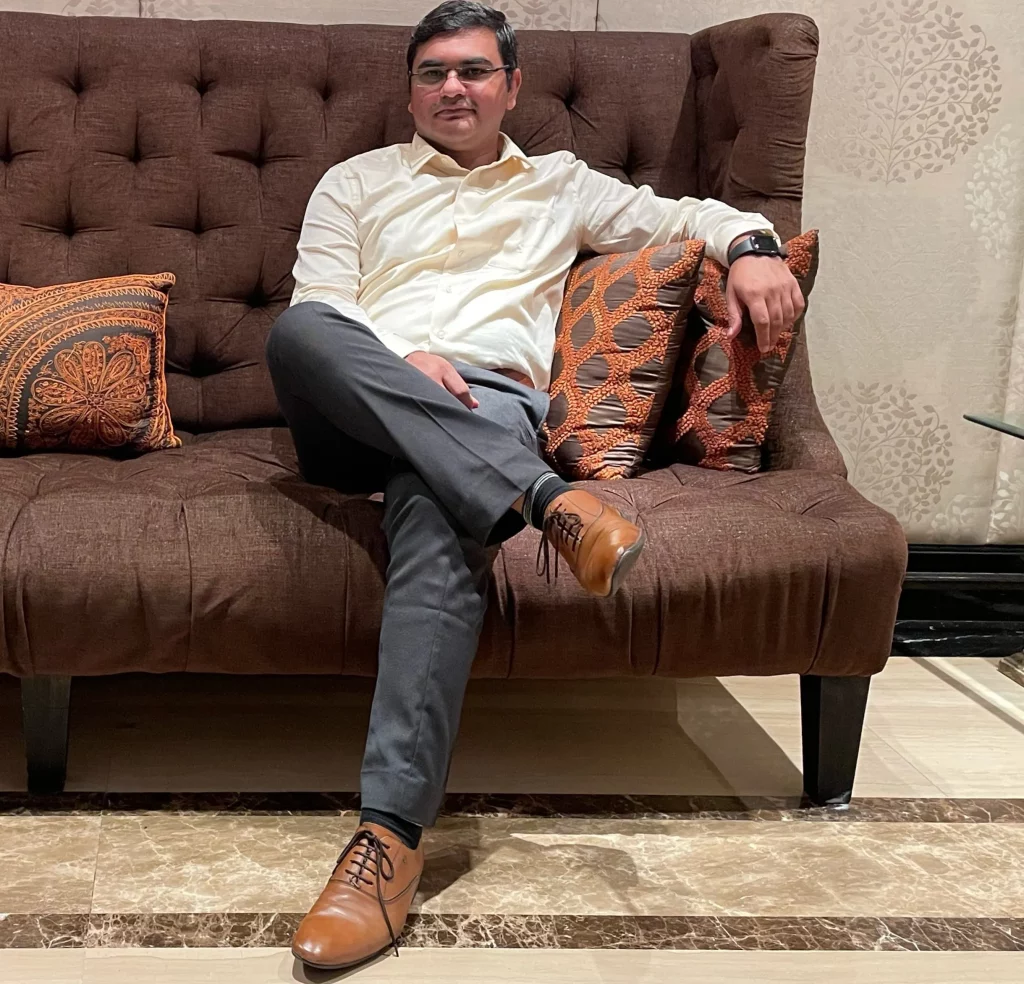 Ameet Patil[/caption]
Ameet Patil[/caption]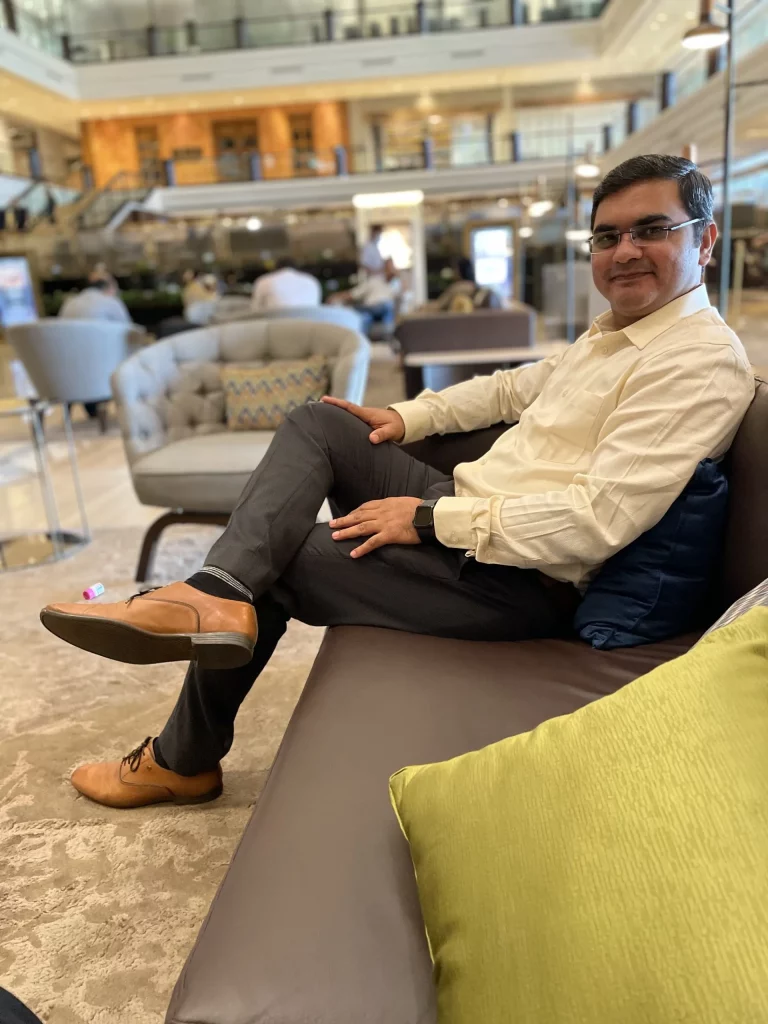
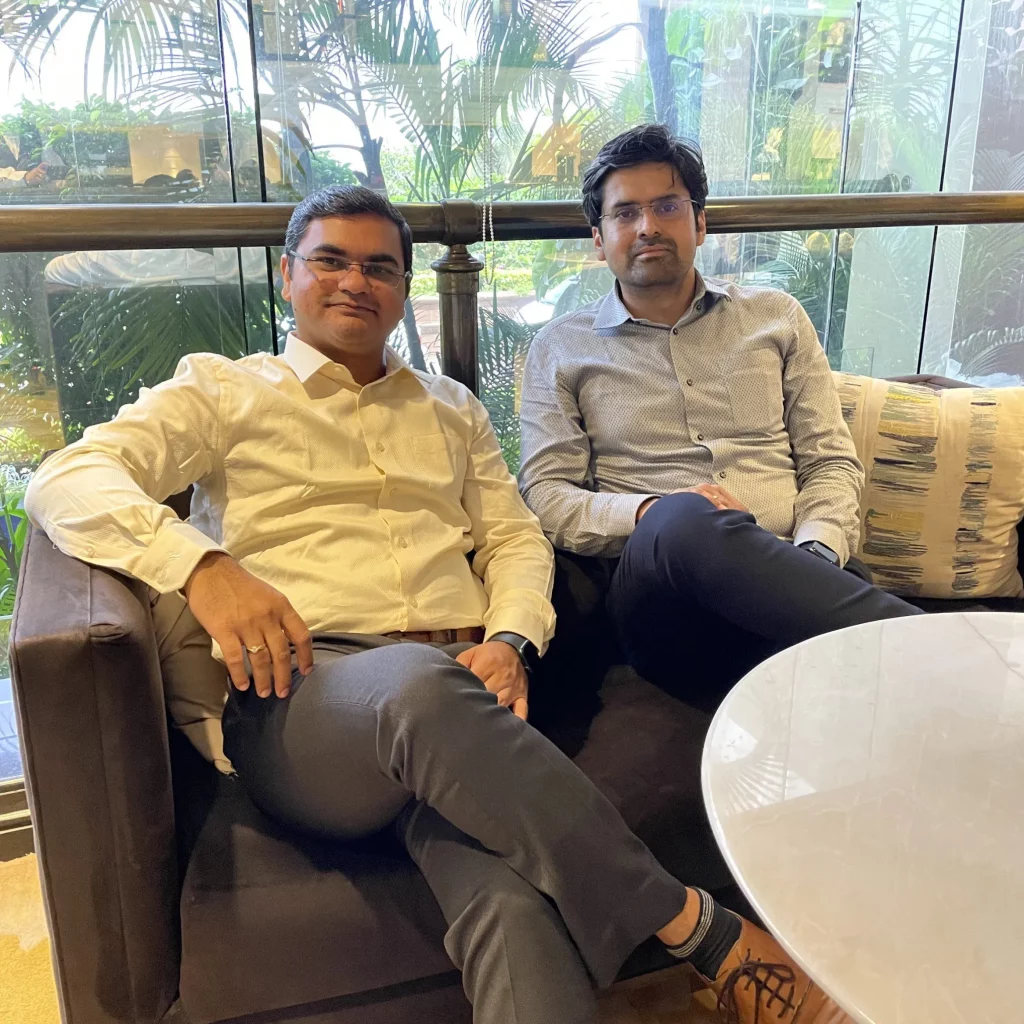 Ameet Patil and Nitesh Singh Rathore[/caption]
Ameet Patil and Nitesh Singh Rathore[/caption]
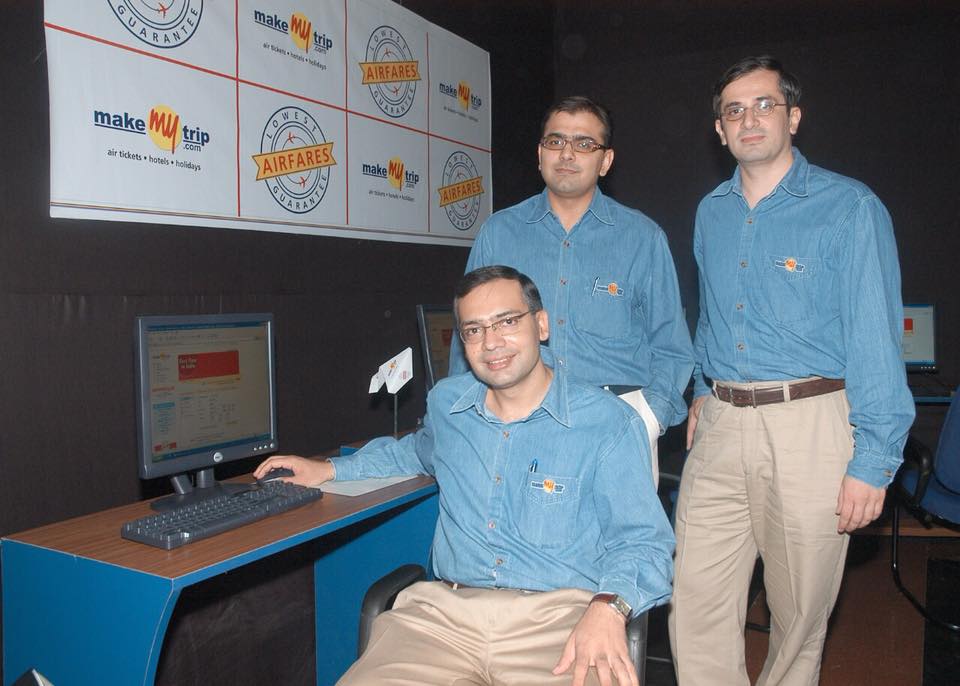 Keyur with former CEO of Make My Trip, Deep Kalra[/caption]
Keyur with former CEO of Make My Trip, Deep Kalra[/caption]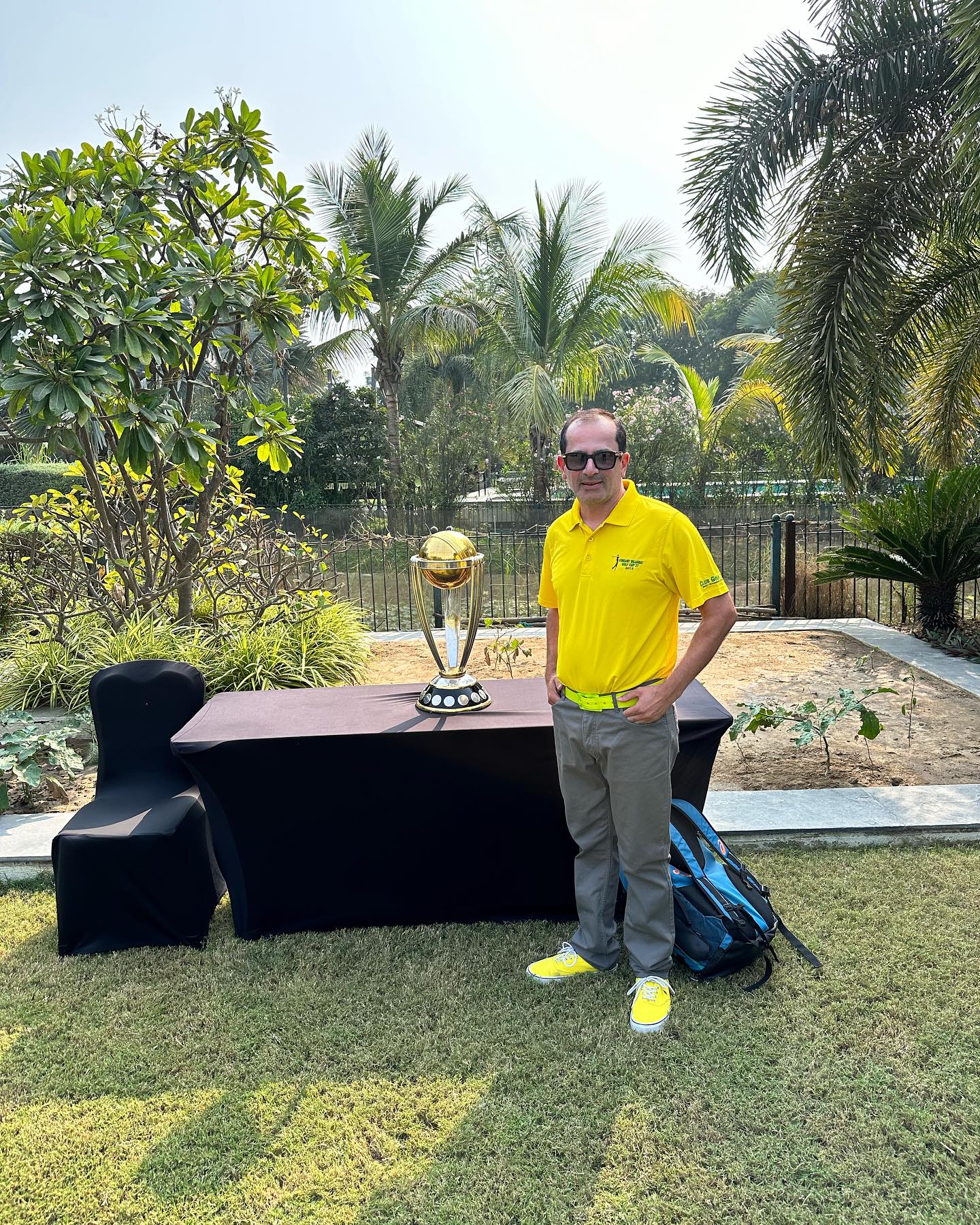
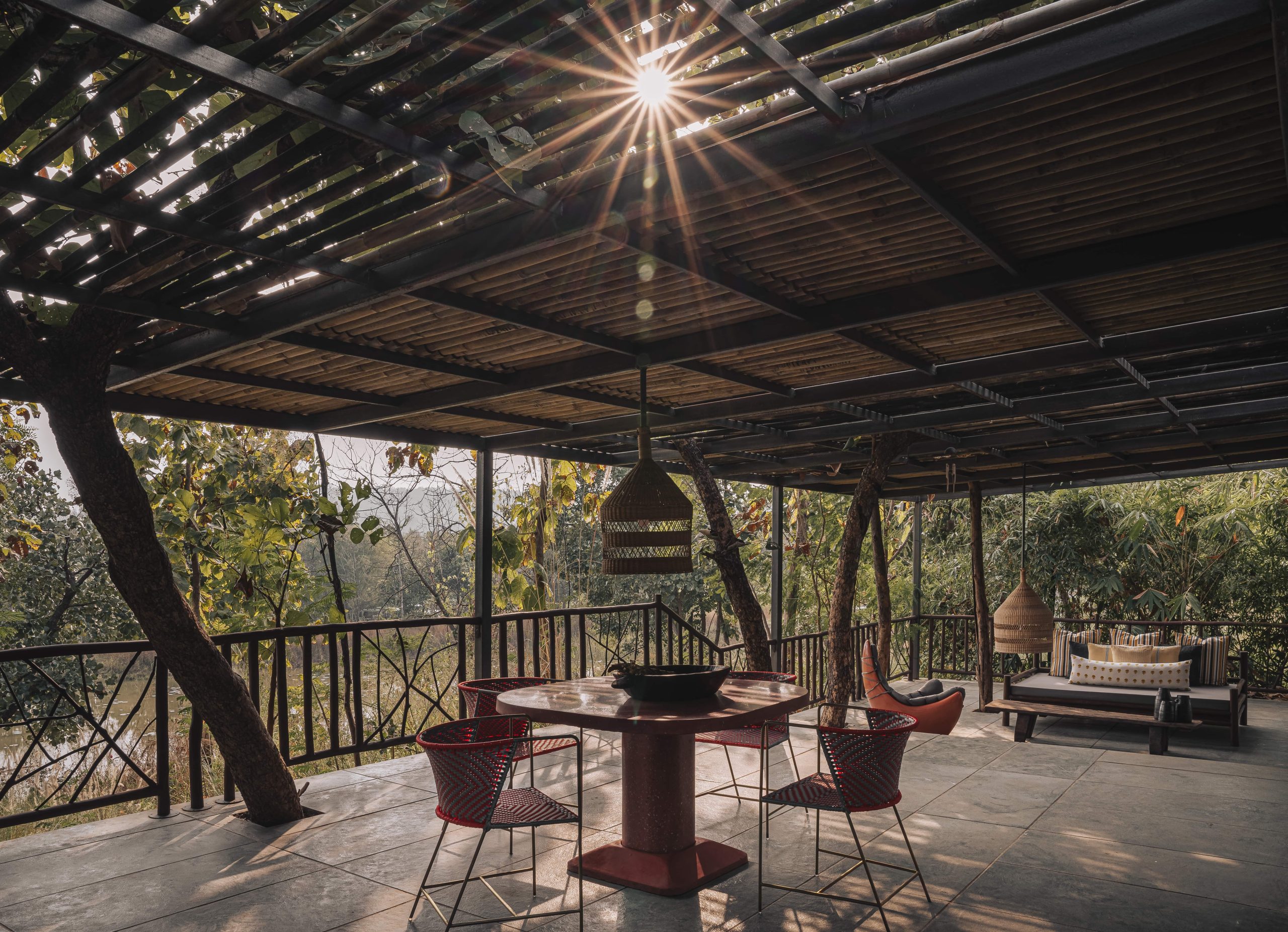 Tipai - Wildlife Luxuries[/caption]
Tipai - Wildlife Luxuries[/caption]
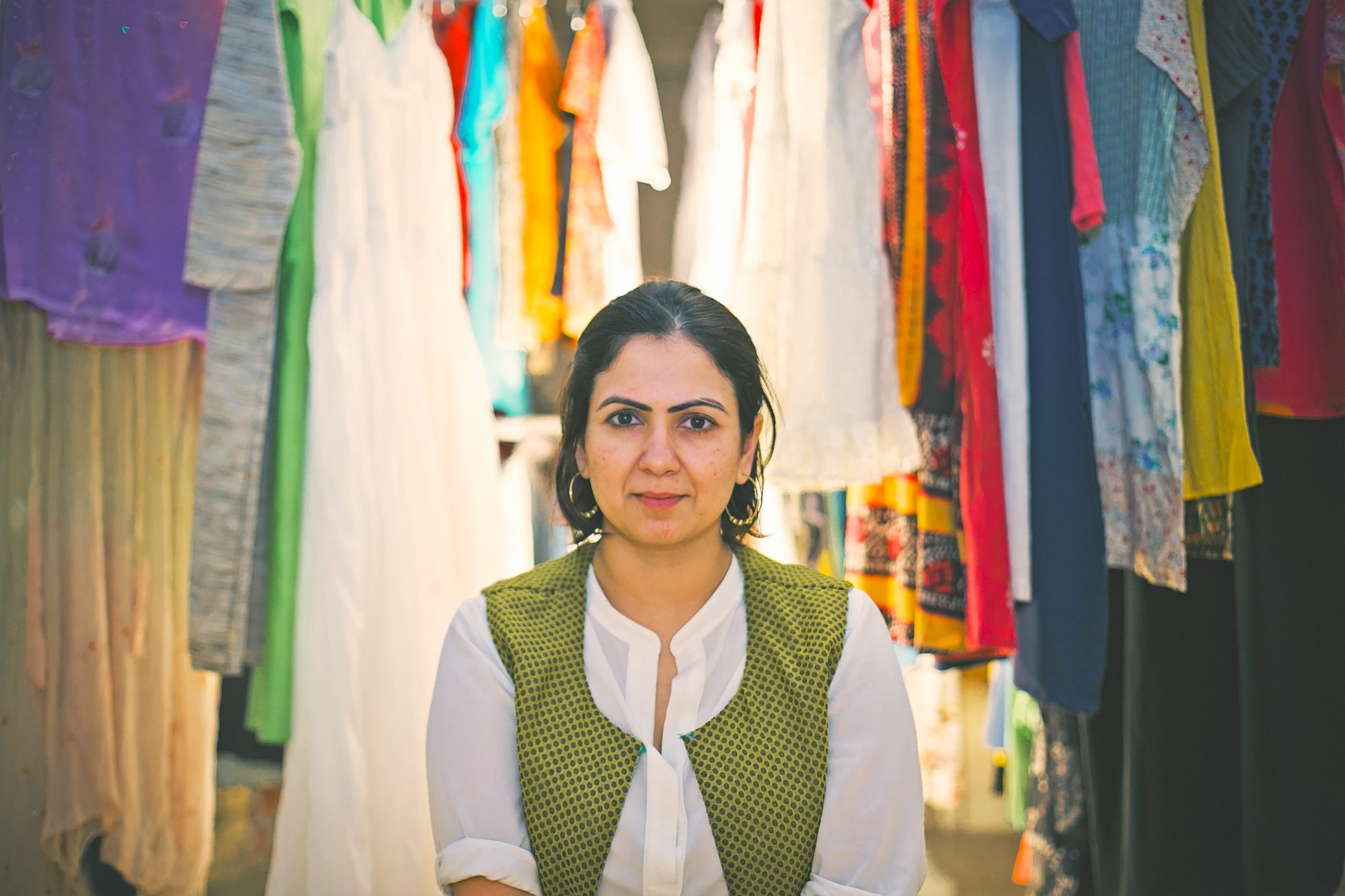 Jasmeen Patheja, founder, Blank Noise[/caption]
Jasmeen Patheja, founder, Blank Noise[/caption] Ashwini Asokan, founder, Mad Street Den[/caption]
Ashwini Asokan, founder, Mad Street Den[/caption] Mithali Raj, Indian women's cricket team captain[/caption]
Mithali Raj, Indian women's cricket team captain[/caption] Anu Sridharan, founder, NextDrop[/caption]
Anu Sridharan, founder, NextDrop[/caption]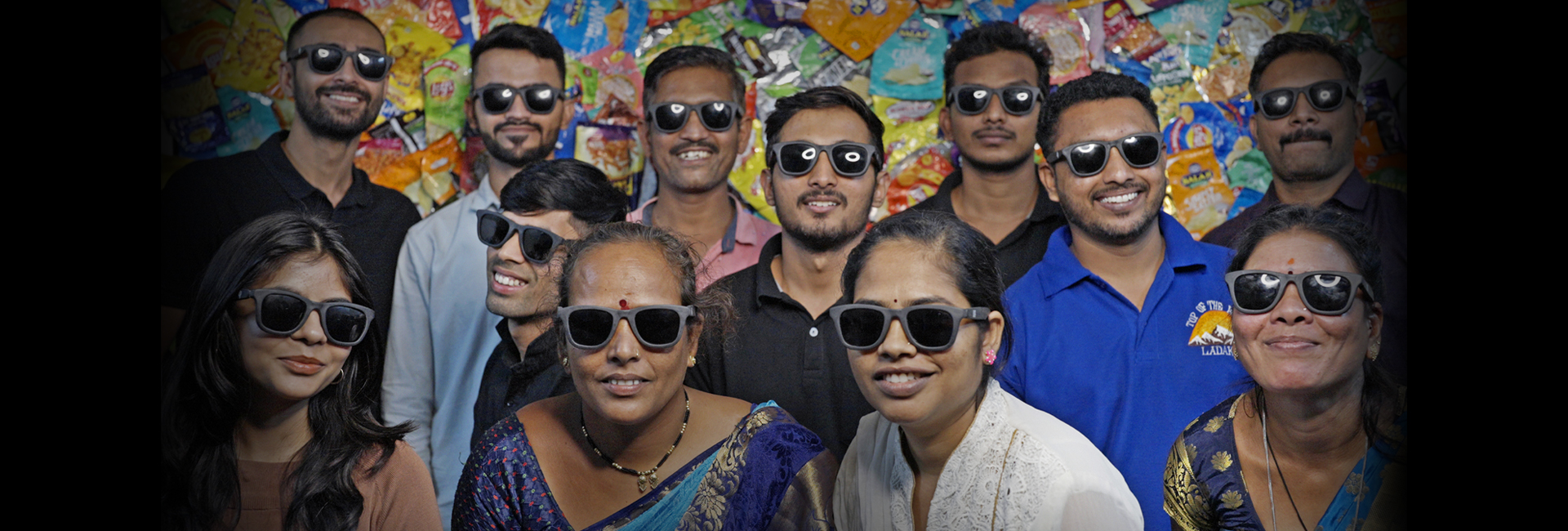
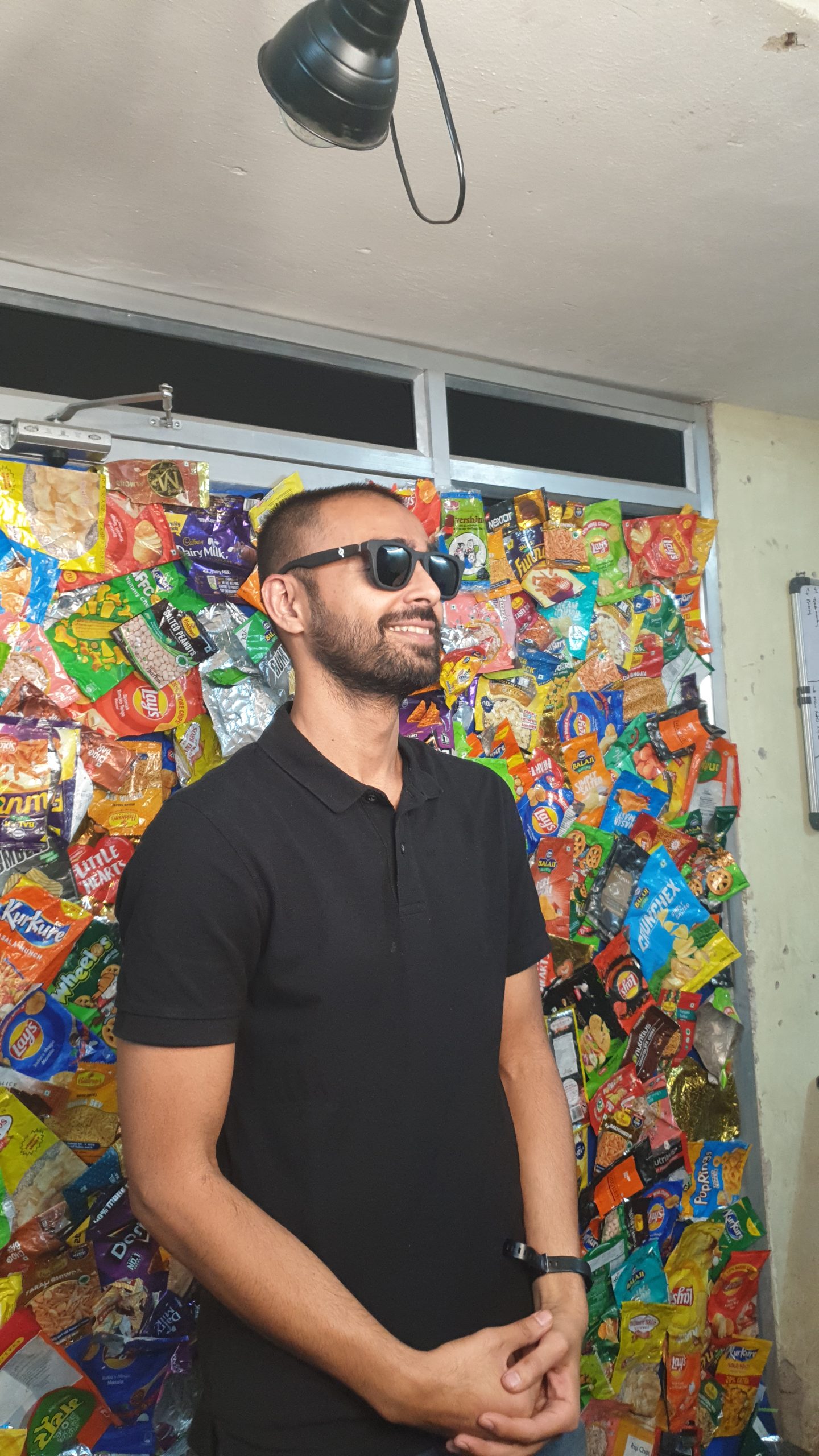
 Multi-layered plastic[/caption]
Multi-layered plastic[/caption]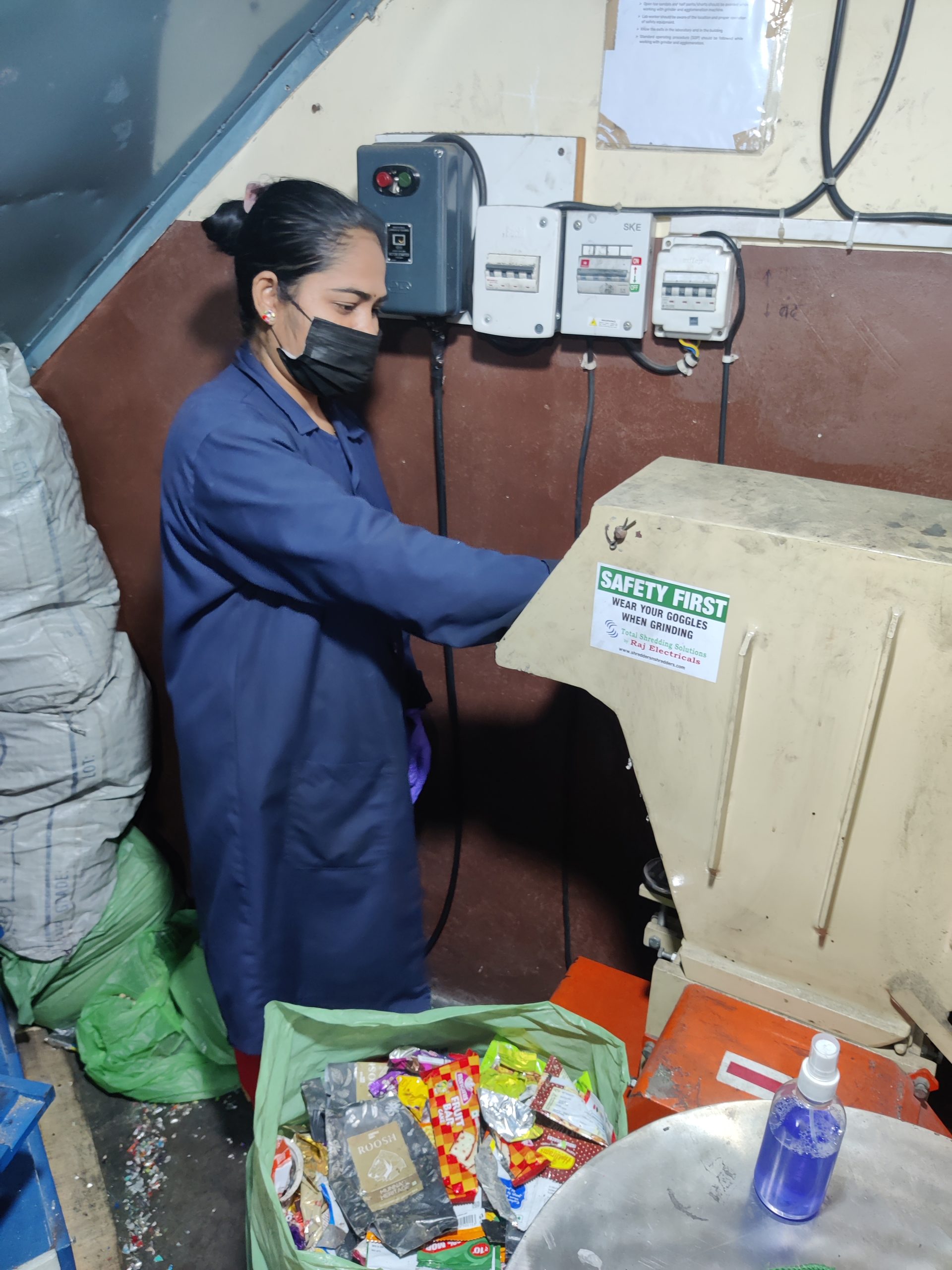 Wastepicker Rani shredding MLP[/caption]
Wastepicker Rani shredding MLP[/caption] Recycled sunglasses made by Ashaya[/caption]
Recycled sunglasses made by Ashaya[/caption]
Nucleya is best 🙂🔥